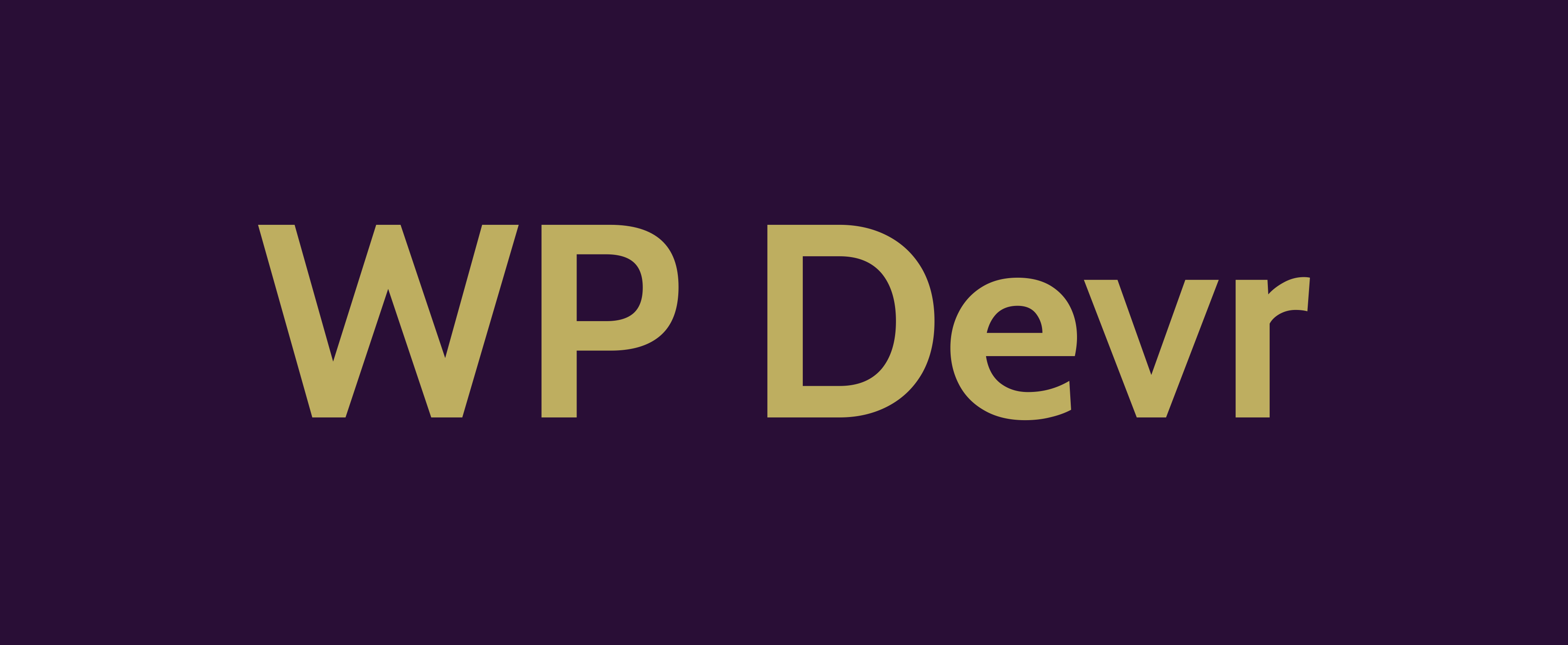Protecting Against Unpredictable Behavior In WordPress Plugins
Securing Plugin Data Access Plugins can sometimes access, modify, or delete data in unexpected ways that compromise security or data integrity. As the WordPress site owner, you need to proactively limit how plugins can access sensitive information stored in the database. Limiting database access with user roles and capabilities The WordPress role and capability system…
